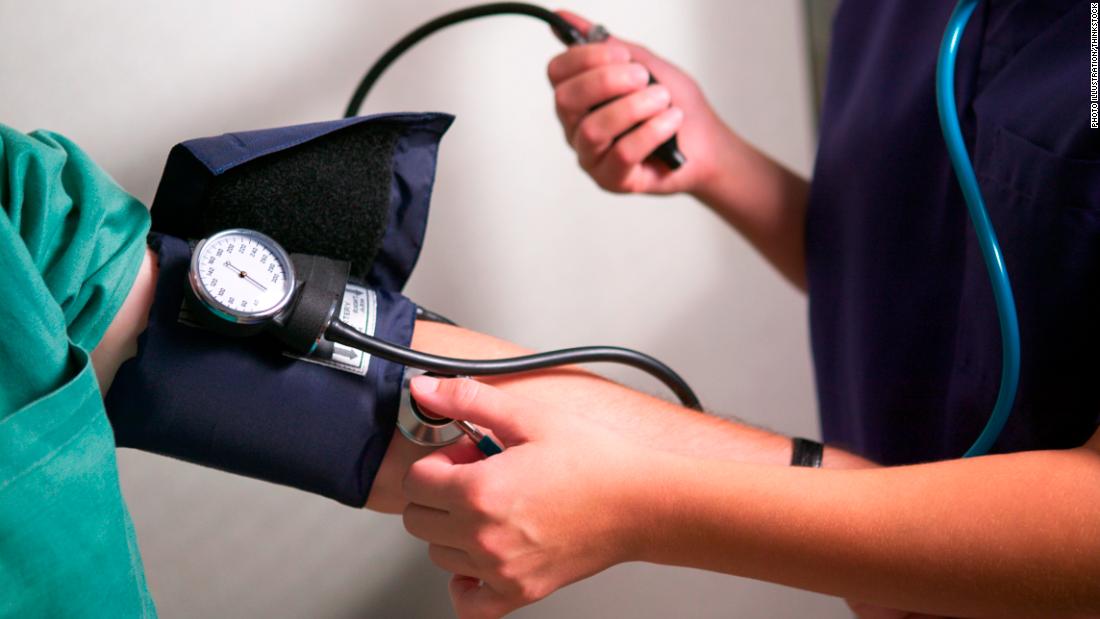
[ad_1]
Valsartan is sold without a patent and is used as a component of other generic drugs. Novartis, the company that originally developed the drug, said Sandoz valsartan and valsartan / HCT film-coated tablets are being recalled since they "do not meet our high quality standards." British pharmacies are advised to recall batches of valsartan containing medicines manufactured by Dexcel Pharma Ltd and Accord Healthcare.
The recall concerns approximately 2,300 consignments sent to Germany, Norway, Finland, Sweden, Hungary, the Netherlands, Austria and Ireland. , Bulgaria, Italy, Spain, Portugal, Belgium, France, Poland, Croatia, Lithuania, Greece, Canada, Bosnia and Herzegovina, Bahrain and Malta.
Novartis spokesman Eric Althoff stated that products sold in the United States are not affected by this recall. The US Food and Drug Administration says it's looking into whether it "has information to share right now" and has questions to the manufacturer because it's "the best source of information on his product ".
was discovered during batch testing of the active pharmaceutical ingredient (API) of valsartan, as those from an external supplier contained an impurity. The European Medicines Agency has reviewed the supplier's medicines, Zhejiang Huahai Pharmaceuticals in Linhai, China. According to the study, the impurity is "the result of a change in the manufacturing process."
The impurity is N-nitrosodimethylamine (NDMA), an organic chemical that is in a family of potent carcinogens. The chemical has been used to make liquid rocket fuel, softeners and lubricants, among other products. It can also be unintentionally produced by certain chemical reactions and is a by-product of the manufacture of certain pesticides, the manufacture of rubber tires or the processing of fish.
Animal studies have shown that NDMA can be toxic and cause tumors in the liver, kidneys and respiratory tract. It can also be potentially dangerous for humans in certain quantities. According to the US Department of Health and Human Services, exposure to high levels can cause liver damage and is probably carcinogenic to humans. "The quantities of NDMA found in the Valsartan API are much lower than the cumulative endogenous production and the usual external exposure of NDMA,"
Althoff wrote in an email. "The amount of NDMA found in the Valsartan API does not represent a significantly increased risk for patients treated with Sandoz Valsartan and Sandoz Valsartan HCT Film Tablets."
The Agency for Medicines and EU Regulators work to determine what impact this could have on patients and if any other drugs will be affected. The external provider is also used by other pharmaceutical companies, according to the Novartis statement, but the spokesman said he could not comment on these companies. The company says that no other Sandoz or Novartis product, even those that may contain valsartan, is affected by the recall.
"We continue to undertake an urgent review of all these products that may pose a low risk to public health," said Dr. Sam Atkinson, Director of the United Kingdom Inspection, Application and Standards of the Agency for the Regulation of Drugs and Health Products. Division.
Novartis stated that although the amount of NDMA in the drug is not considered a "significantly increased risk to patients", patients should discuss with their physician to discuss treatment options as a precaution.
Patients should not stop taking their medications, but the Medicines and Health Products Regulatory Agency has stated that it is vital that they get in touch with their doctors "as soon as as possible." Alternative medications that are not affected by the recall are available.
"Patients should not stop taking their medication brutally, it can certainly be dangerous," said Dr. Mary Ann Bauman, a representative of the American Heart Association. "You do not want to make any conclusions about this medicine or any other medicine yourself, first with your doctor."
CNN's Meera Senthilingam and Debra Goldschmidt contributed to this report.
[ad_2]
Source link

![Human stem cells stimulate the hearts of monkeys after a heart attack, according to a study [19659007] study says](http://cdn.cnn.com/cnnnext/dam/assets/180701145628-human-embryonic-stem-cell-screengrab-large-169.jpg)
